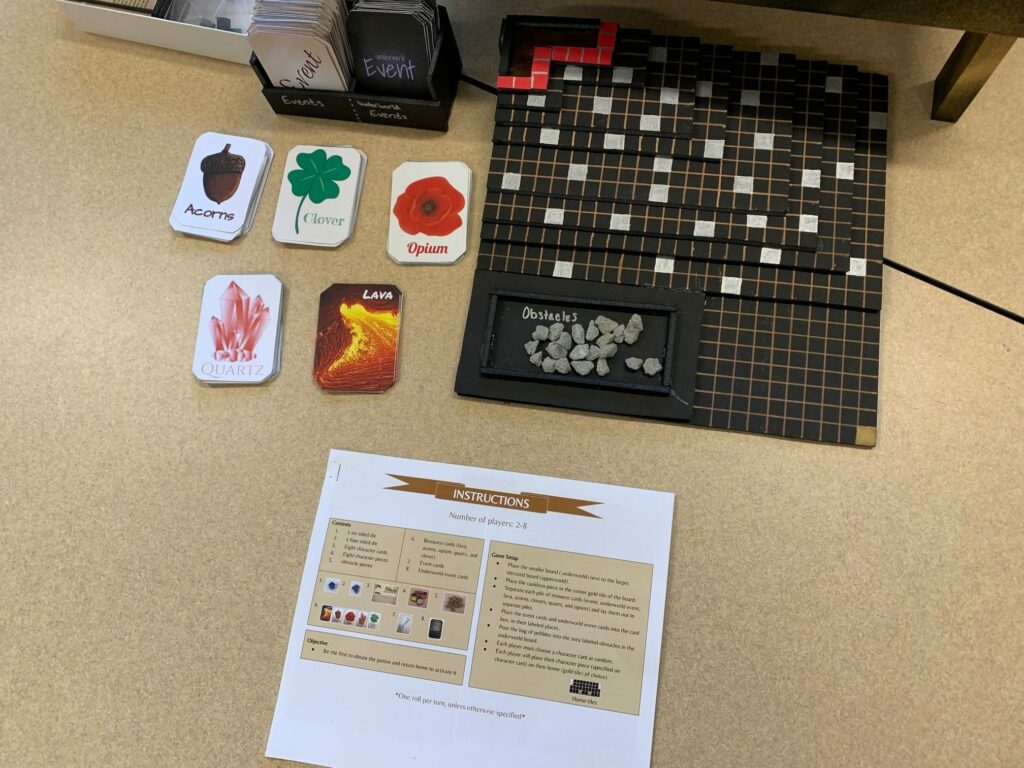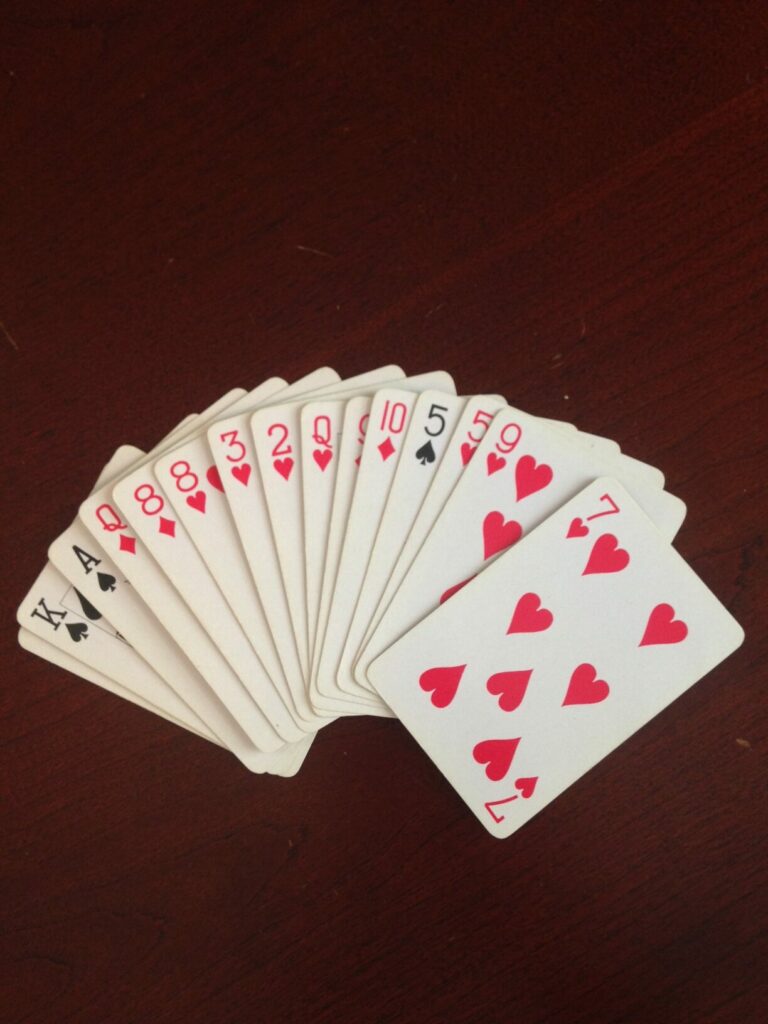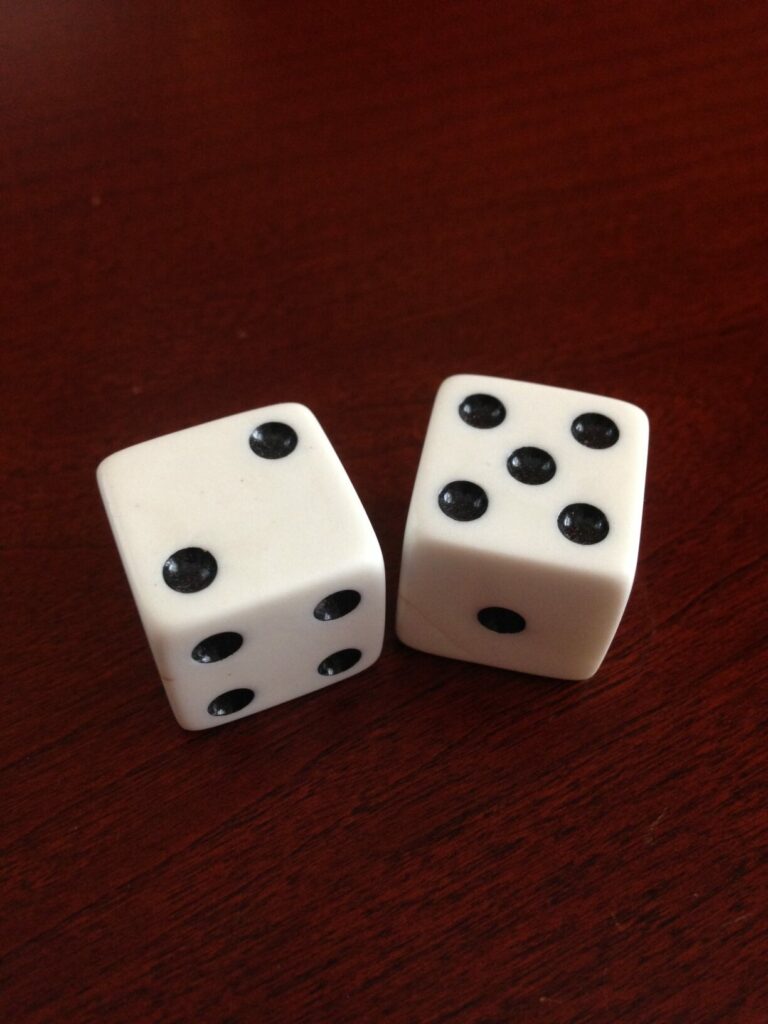100 Ideas for Awesome Academic Work in the Last Weeks of School
Don’t look now, but the end of the school year isn’t far away. Of course, we know how important the first weeks of school are, but what about the last weeks of school? Surely, this is just as important a transition time for students. What if we were as thoughtful and intentional about the last weeks of school as we are the first ones?
That’s just the challenge educators from across the North Country of New Hampshire are tackling. Sponsored by North Country Education Services, I have been helping K-12 educators think deeply about how to make the end of the school year as great as possible. We’re considering how to support a strong sense of community, be consistent with discipline, and also make sure academics are awesome. This blog post will summarize some of the ideas they came up with during a series of discussions on March 17.
The goal was to generate tons of ideas for academic work that will be engaging enough to hold students’ attention as the weather warms and the year wanes.
The Connection Between Emotion and Learning
We started by acknowledging the important connections between emotion and cognition. Students who are bored, dispirited, anxious, lonely, or angry won’t be available for learning. So, we considered two questions. 1. How do we want the academic work in the last weeks of school to feel? 2. How do we want students to feel about themselves as learners in the last weeks of school? Here are some of the ideas we came up with:
End-of-Year Academics Should Feel…
relevant, achievable, fun, accessible, appropriately challenging, curiosity-provoking, reflective, engaging, collaborative, enjoyable, inspiring, manageable, meaningful, memorable, motivating, open-ended, positive, exciting, rewarding, surprising, and valuable
To Help Students Feel…
successful, engaged, accomplished, belonging, capable, safe, celebrated, confident, curious, empowered, energized, happy, involved, motivated, heard, ownership, prepared, and proud
100 Ideas for Awesome Academic Work
Next, we generated tons of ideas for academic work that could elicit these desired emotions. Participants in the group have a variety of roles: classroom teachers, paraeducators, special educators, administrators, special areas teachers, and more. Some work with high school seniors and others work with kindergarteners. Our goal wasn’t to find one academic task that would work for everyone but to come up with a variety of diverse and interesting ideas that could inspire all of us.
So, with that in mind, check out the following ideas and look for ones you might use or adapt. Think about how you want academics to feel for your students. Think about how you want your students to feel about themselves academically in the last weeks of school. Then, scan the list and look for ones that might work given the time, resources, curricular content, and school logistics/protocols that work for you and your students.
Air pump rockets
All school thematic unit/project
Animal research projects
Author study
Bitmoji classroom
Book reviews
Bottle rockets
Building 3-D shape models
Building project (like a bench) that will get left on campus
Citizen Science
Class bulletin board–accomplishments/learning
Class plays—student written
Class quilt
Classroom performances
Comic books about content
Community celebrations aligned with schoolwork
Community garden
Cook breakfast together to practice measurement skills/teamwork/communication
Coordinate geometry connect-the-dot puzzles
Create a board game based on a unit studied

Create a commercial for a product you’ve made (engineering)
Create map of something in the community
Cover walls with paper and students decorate graffiti-style with learning from the year
Create hallway displays of content/learning from the year
Create a map based on their favorite book of the year
Create terrariums–with bugs/toads/etc. from around the school
Create a book/anthology of writing/math challenges/etc.
Design an amusement park ride
Design a road trip
Display work in windows to community
Egg drop challenge
Expert media projects
Farm to table family breakfast (make butter, jelly, bread)
Field studies
Fraction pizza party
Gardening project
Genius hour
Get outside take a walk to local landmarks
Guest readers
Have students list their strengths and prepare to share with next year’s teachers
Interactive theater
Invite community people in (police, fire, fish and game, postmaster, etc.)
Jeopardy game–kids make the questions from content from throughout the year
Jigsaw learning project — students get to choose how to present what they learned
Kahoot – teacher or student created
Kid-created yearbook
Kids create Kahn Academy-style videos of skills they’ve learned
Learn all about bubbles
Letters to future selves: what I accomplished this year…
List of positive things about each student written by other students
Make children’s books to share with younger grades
Make a movie
Make T-shirts about content that they could take with them – sign them
Memory book
More class time outside
Nature journaling
Nature walk
News video about learning
Open-genre writing workshop
Outdoor scavenger hunt
Passion Project tied to standards
Pen pal or collaborate with another school
Personal narratives, end of year, reflection
Physics Circus! (simple machines, magnets, etc.)
Plant seeds for kids to take home
Poetry slam
Portfolio created for each subject — compiled projects/assignments students are proud of
Positive strategies book
Probability games
Raising creatures in school…chicks, butterflies, dragonflies, etc.


Readers’ theatre
Remote field day
Robotics
Science fair exhibits (inventions)
Service projects – planting flowers at nursing homes or on the school grounds
Projects that involve students’ different strengths and interests
Simulations
Social studies reenactment video
STEAM activities
Step-up days
Story of this year to share with next year class
Student created workbook for future students
Students design bulletin boards on a subject
Students create labeled murals on a topic
Students share their hobbies or collections through writing
Students teach some lessons
Students write strengths and positive about all classmates—collect and share
Stop animation
Talent night/lip sync/performance outdoors…socially distanced
Tap trees, make syrup
Teaming up with different age levels
Time capsules
Virtual field trips
Write autobiographies
Write fictional stories incorporating science/social studies content
Write letters to younger students summing up what to expect
Write letters to future selves
Use sidewalk chalk to decorate sidewalks with memories, etc.
Use different mediums to practice spelling words (shaving cream, watercolors)
3-D shapes museum (students bring in objects from home and sort by shape)
Author
-
Mike Anderson has been an educator for many years. A public school teacher for 15 years, he has also taught preschool, coached swim teams, and taught university graduate level classes. He now works as a consultant providing professional learning for teachers throughout the US and beyond. In 2004, Mike was awarded a national Milken Educator Award, and in 2005 he was a finalist for NH Teacher of the Year. In 2020, he was awarded the Outstanding Educational Leader Award by NHASCD for his work as a consultant. A best-selling author, Mike has written ten books about great teaching and learning. His latest book is Rekindle Your Professional Fire: Powerful Habits for Becoming a More Well-Balanced Teacher. When not working, Mike can be found hanging with his family, tending his perennial gardens, and searching for new running routes around his home in Durham, NH.
You may also like

The Perfect Breakfast for Teachers
- February 11, 2025
- by Mike Anderson
- in Blog

Finding Time for a One-on-One Problem-Solving Conference


